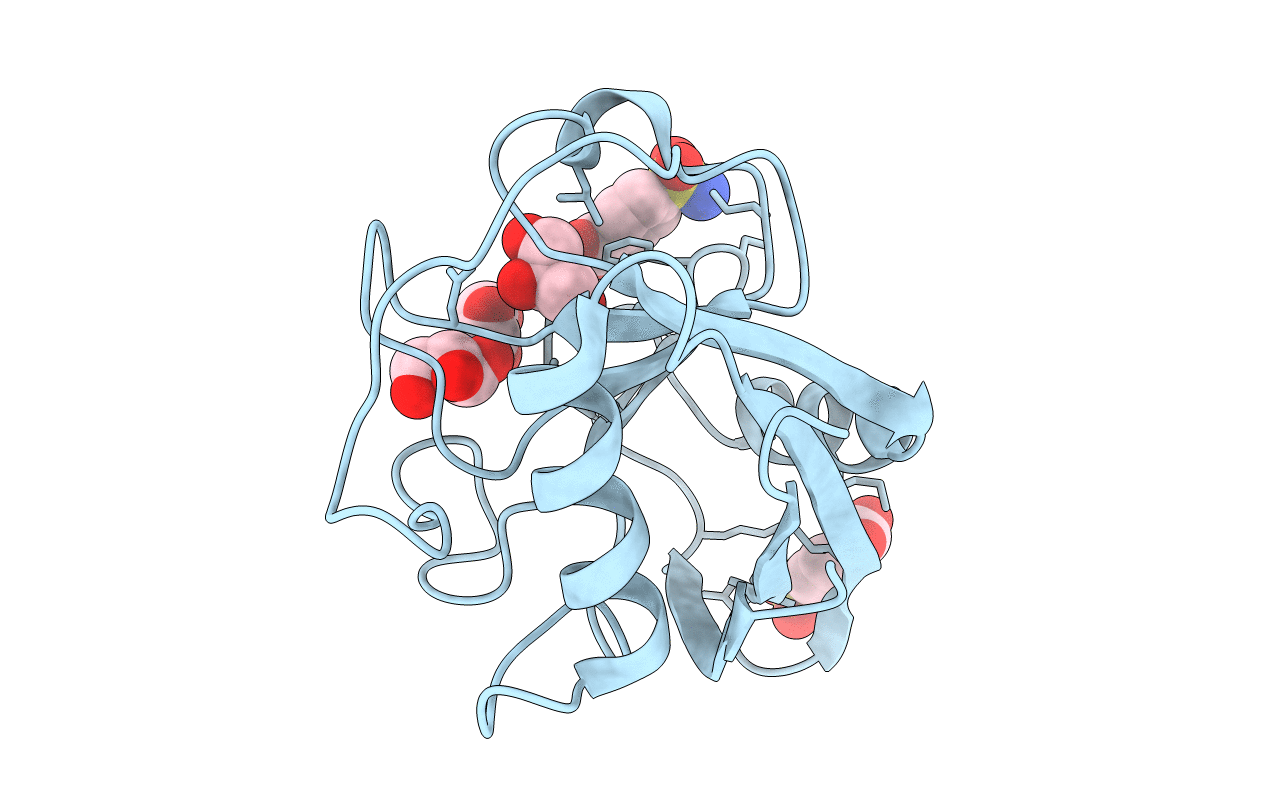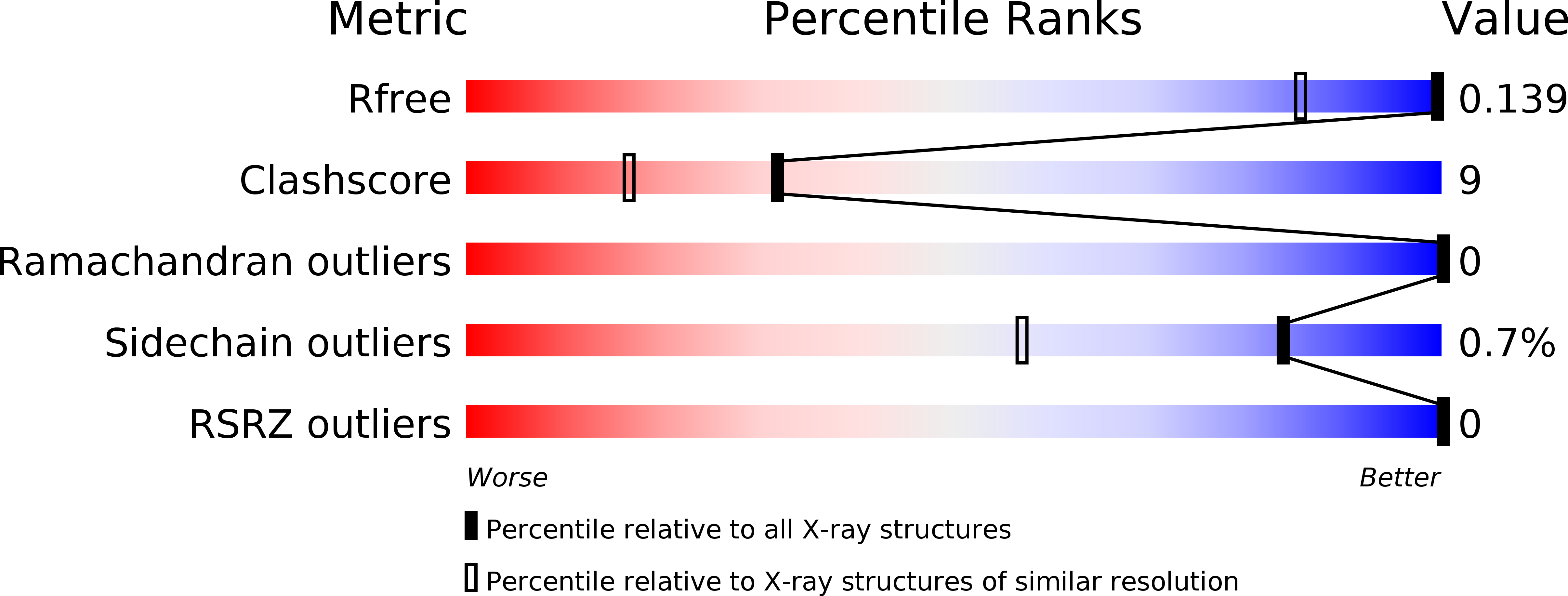
Deposition Date
2011-03-17
Release Date
2012-03-21
Last Version Date
2024-02-21
Entry Detail
PDB ID:
3R4G
Keywords:
Title:
Human Cyclophilin D Complexed with a Fragment
Biological Source:
Source Organism(s):
Homo sapiens (Taxon ID: 9606)
Expression System(s):
Method Details:
Experimental Method:
Resolution:
1.05 Å
R-Value Free:
0.13
R-Value Work:
0.11
R-Value Observed:
0.11
Space Group:
P 41 21 2


